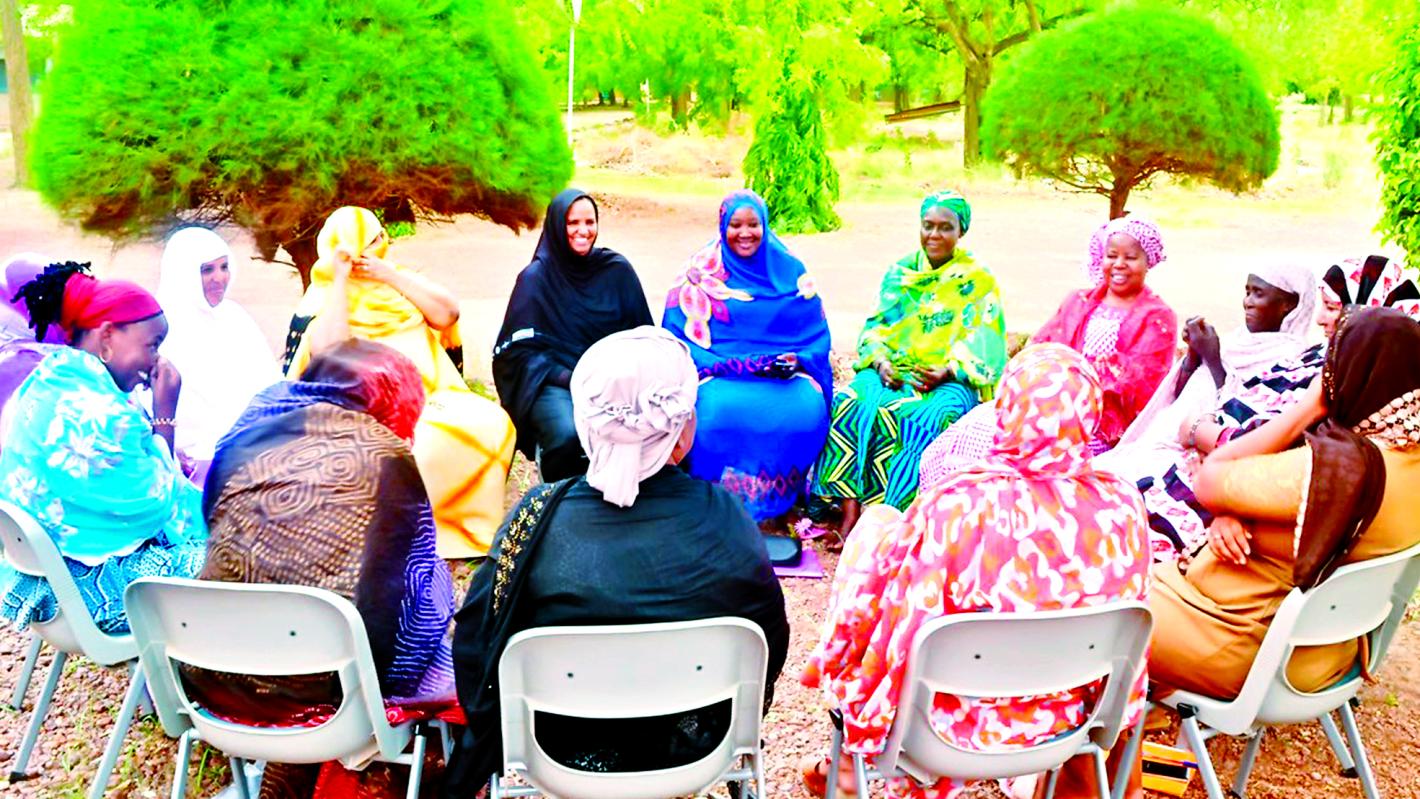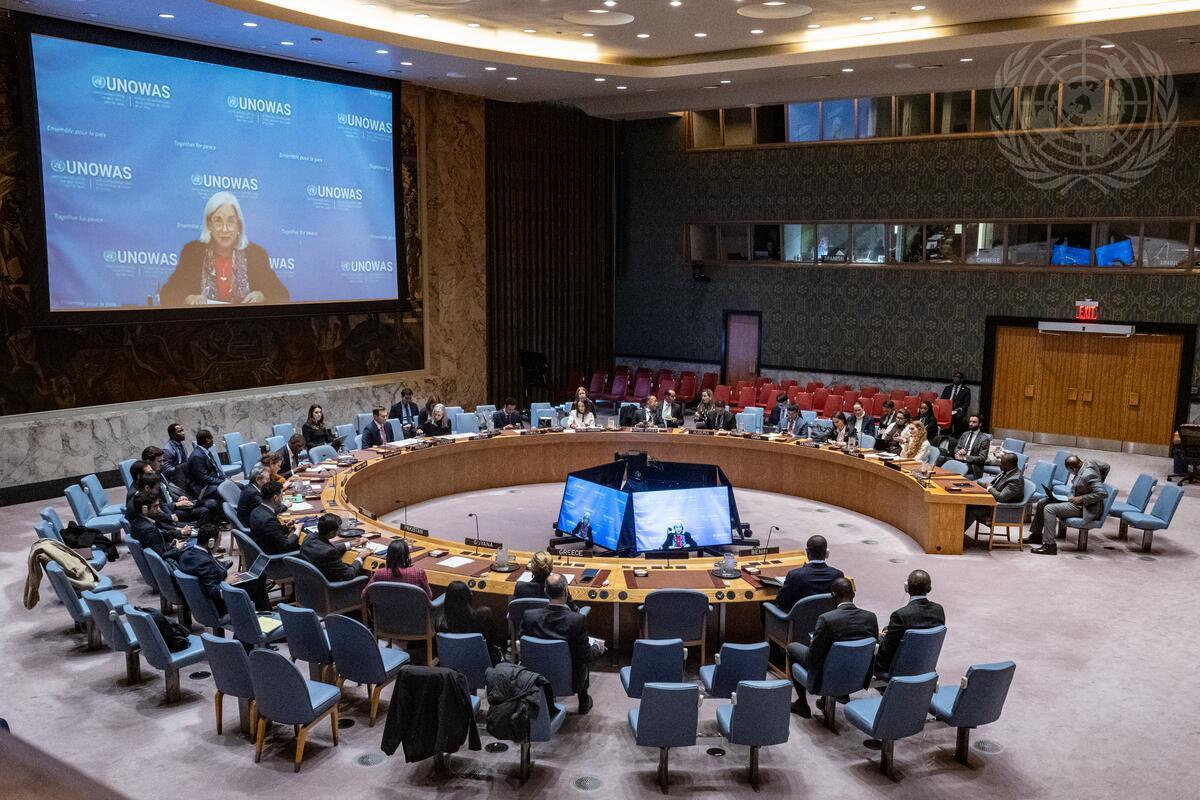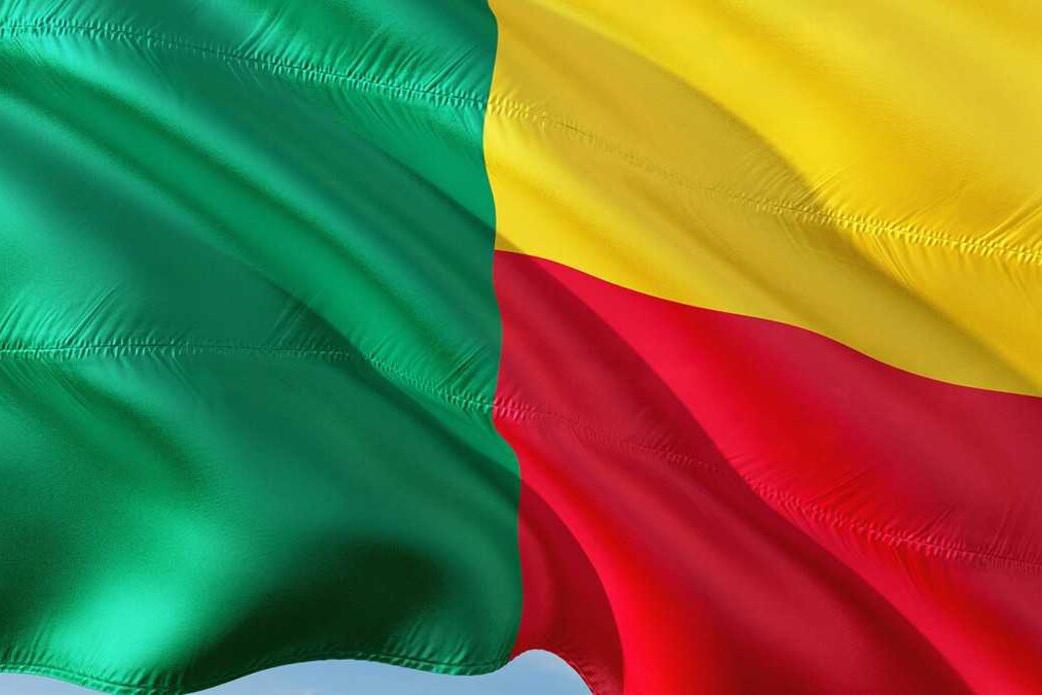Women make up more than half of the world's population. They have always been involved in finding solutions to the various conflicts in many societies. Nations cannot develop without the effective involvement of women, including in conflict prevention and management, decision-making, and peace processes.
Resolution 1325 (2000) adopted by the United Nations Security Council (UNSC) on 31 October 2000 was the first to highlight the fact that "women count for peace". In this Resolution, the Security Council clearly recognizes the essential role that women play in advancing peace, security, development and human rights.
It therefore calls on the Secretary-General to implement a strategic action plan, which includes greater participation of women in decision-making on conflict resolution and peace processes, by appointing more women among the Special Representatives and Envoys assigned to good offices missions on his behalf.
Resolution 1325 (2000) urges states to ensure that women are more represented at all levels of decision-making in national, regional and international institutions and mechanisms for prevention, management and prevention, and dispute resolution. It calls for the gender dimension to be included in all policies, programs, including disarmament, demobilization and reintegration. Resolution 1325 also focuses on the responsibility of all states to end impunity and prosecute those accused of genocide, crimes against humanity and war crimes, including all forms of gender-based and other violence against women and girls. It stresses the need to exclude these crimes from the benefit of amnesty measures if possible.
All parties to armed conflict are tasked by this Resolution 1325 (2000) to take special measures to protect women and girls from acts of gender-based violence, in particular rape and other forms of sexual abuse, as well as against all other forms of violence in situations of armed conflict, to respect the civilian and humanitarian character of refugee camps and settlements and take into account the special needs of women and girls.
Furthermore, the Resolution 1325 (2000) therefore deals specifically with the impact of war on women, the contribution of women to conflict and lasting peace. It has been supplemented, over the years, by eight Resolutions on women, peace and security, namely: 1820 (2008), 1888 (2009), 1889 (2009), 1960 (2010), 2106 (2013), 2122 (2013), 2242 (2015), 2467 (2019); and Resolutions 2250 (2015) and 2419 (2108) on youth, peace and security.
Gender at the heart of security challenges
The West Africa and Sahel region has seen an increase in armed conflict in recent years including Liberia, Sierra Leone, Côte d'Ivoire, Guinea Mali, Nigeria (Delta) and Senegal (Casamance). In addition to the security and institutional crises with regional dimensions very often linked to the spread of violent extremism leading to terrorism as in the case of several countries of the Sahel and the Lake Basin Chad, electoral disputes (the cases of Guinea, Benin, Togo, Mauritania, etc.) should be added to the destabilizing consequences including interminable transitions and new threats to the stability of the sub-region (piracy and transnational organized crime, including drug trafficking) and which require more action by states with an effective contribution from civil society, particularly young people and women.
This requires the systematic inclusion of women in conflict prevention and resolution, mediation, post-conflict negotiation and post-conflict reconstruction, and gender inclusion in security sector reform. Integrating gender into peace programmes and processes is also an important aspect to consider; in addition to the adoption and implementation of policies, laws and measures for the empowerment of gender equality, in accordance with existing international and regional legal instruments.
Working in a complex and difficult context, the United Nations Office for West Africa and the Sahel (UNOWAS) strives to ensure the implementation of the various Resolutions, but also to encourage governments in the sub-region to facilitate women's involvement in political decision-making processes.
UNOWAS promotes gender integration in peace initiatives of the region
UNOWAS plays an important role in promoting gender mainstreaming in conflict prevention and management initiatives in the region through the implementation of the Resolution 1325 (resolutions on women, peace and security, as well as the Resolutions 2250 (2015) and 2419 (2108) on youth, peace and security).
UNOWAS develops targeted strategies to implement gender, women, peace and security policy. It is mainly based on regional instruments and policies including: the African Charter of Democracy, Elections and Governance; the Protocol to the African Charter on Human Rights and Peoples related to Rights of Women; the African Youth Charter; the Framework for the Prevention of Conflicts of the Economic Community of West African States (ECOWAS) and its Women, Peace and Security component; the ECOWAS Framework on Gender and Elections and its action plan; the Lake Chad Region Prevention and Stabilization Plan and the United Nations Integrated Strategy for the Sahel (UNISS).
For a better promotion of gender mainstreaming in conflict prevention and management initiatives in the region, UNOWAS has developed a close partnership with regional organizations, including the Mano River Union, the G5 Sahel, UNWOMEN, United Nations Population Fund (UNFPA), the United Nations Development Program (UNDP) and the United Nations High Commissioner for Human Rights (OHCHR) as well as other stakeholders for the implementation of the Security Council Resolutions.
UNOWAS thus assists regional organizations and countries in the adoption of an action plan for the implementation of the Resolutions 1325 (2000) and subsequent ones of the UN Security Council. To date, ECOWAS has developed its second regional plan; fourteen of the 16 West African countries (ECOWAS plus Mauritania) have adopted a national action plan on the Resolution 1325 (2000); only Cabo Verde and Mauritania have not yet adopted one, but the process is underway.
With the aim of creating a synergy of action and providing a response to the need for coordination, monitoring and evaluation of initiatives in the region, UNOWAS and its partners established a Working Group on Women, Youth, Peace and Security in West Africa and the Sahel in April 2009. A plea is underway for the effective involvement of women and young people trained in formal mediation structures. Advocacy efforts are also extended in favor of laws establishing parity or quota for women's participation in elective or nominative positions. It should be noted that 60 % of the countries covered by UNOWAS have adopted a law promoting the inclusion of women into decision-making bodies.
In addition, UNOWAS has set up an annual regional dialogue, known as "Open Days", with women and young people leaders in the region to take stock of the implementation of Security Council Resolutions and discuss the challenges and synergies needed.
UNOWAS also supports the participation of women and young people in electoral processes through the establishment of mechanisms to monitor electoral violence, which have played a role during elections in Benin (2019), Côte d'Ivoire (2015), Ghana (2015), Guinea (2013 Guinea-Bissau (2014), Mali (2013), Mauritania (2019), Nigeria (2019), Senegal (2019), Sierra Leone (2018) and Togo (2015 and 2019).
Finally, UNOWAS ensure the integration of gender into the implementation of UNISS and support for gender-related projects. In this context, UNOWAS facilitated the establishment of the G5 Sahel women's platform and support its activities through the establishment of a partnership with AU, G5 Sahel and UNWOMEN.
UNOWAS, along with other actors, is preparing for the commemoration in 2020, of the 20th anniversary of the Resolution 1325 (2000), of the 5-year anniversary of Sustainable Development Goals (SDGs) and Beijing +25. Efforts are underway to build useful data and information on achievements in West Africa and the Sahel and to renew commitments for more participation of youth and women.
This article is published in the UNOWAS Magazine N9 -> Download here






